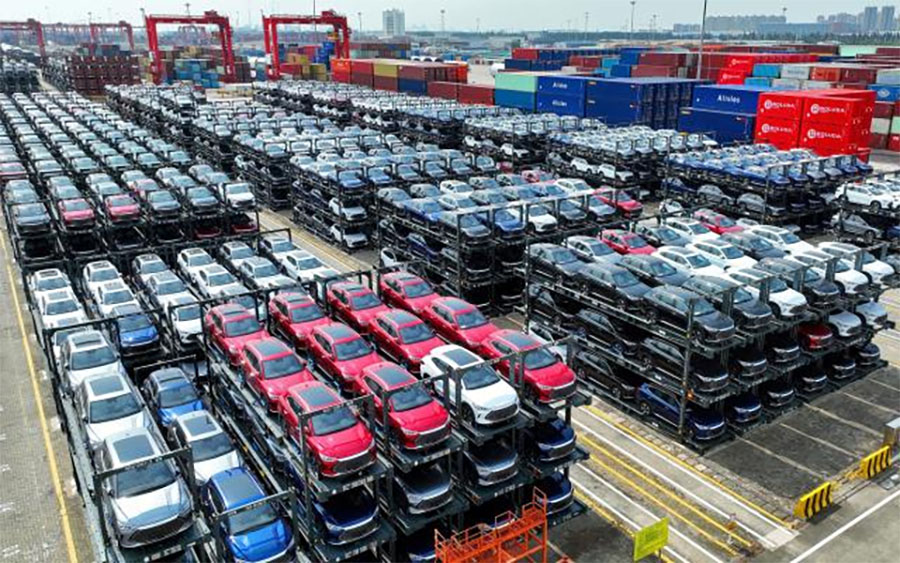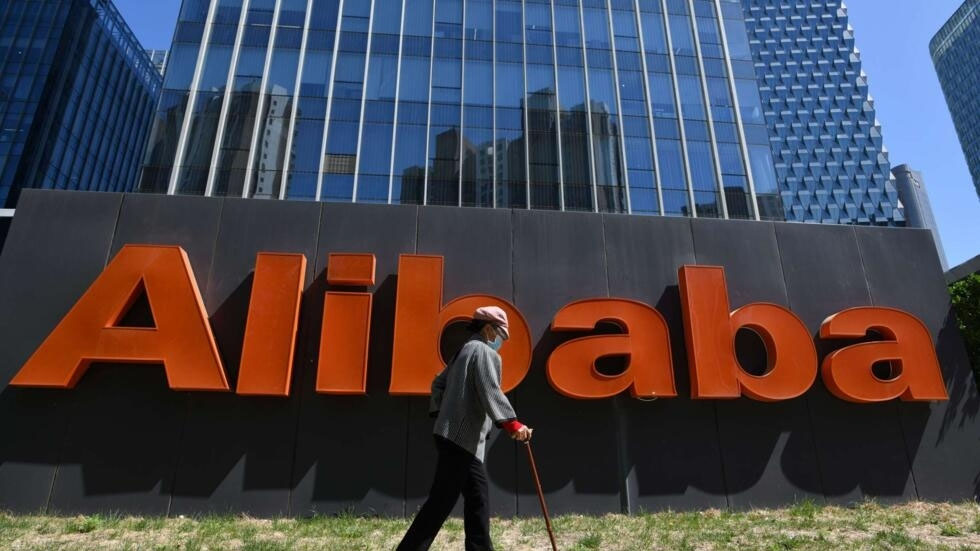INTEL BOARD MEMBER RESIGNS AMID TENSIONS OVER WORKFORCE AND AI STRATEGY

Photo Credit: Getty Images
Lip-Bu Tan, a prominent semiconductor industry veteran, has resigned from Intel's board, citing personal reasons and a need to "reprioritize various commitments." However, sources close to the situation reveal that his departure was fueled by differences with Intel's CEO, Pat Gelsinger, and other directors over the company's workforce size, risk-averse culture, and lagging artificial intelligence (AI) strategy.





















